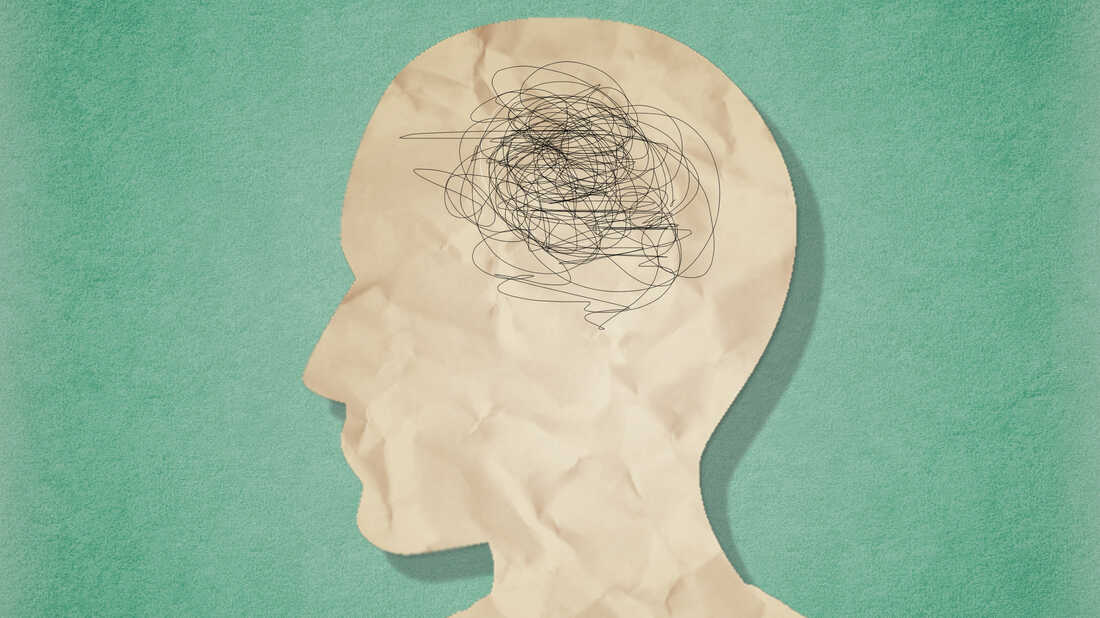
Accessing treatment for anxiety can is difficult for many Americans, especially those who live in rural or poorer areas. Carol Yepes/Getty Images hide caption

Accessing treatment for anxiety can is difficult for many Americans, especially those who live in rural or poorer areas.
Carol Yepes/Getty ImagesThe number of Americans experiencing anxiety has been rising, especially since the start of the pandemic.
There also aren't enough providers to meet the need, making it tough to access proper treatment for millions of Americans.
NPR's Juana Summers talks to Catherine Ettman, a postdoctoral fellow at Johns Hopkins Bloomberg School of Public Health, about how the pandemic caused anxiety to spike.
And NPR's Rhitu Chatterjee shares some strategies that could help manage anxiety.
Email us at
This episode was produced by Michael Levitt and Linah Mohammed. It was edited by Will Stone, Sarah Handel and William Troop. Our executive producer is Sami Yenigun.

 Live Radio
Live Radio